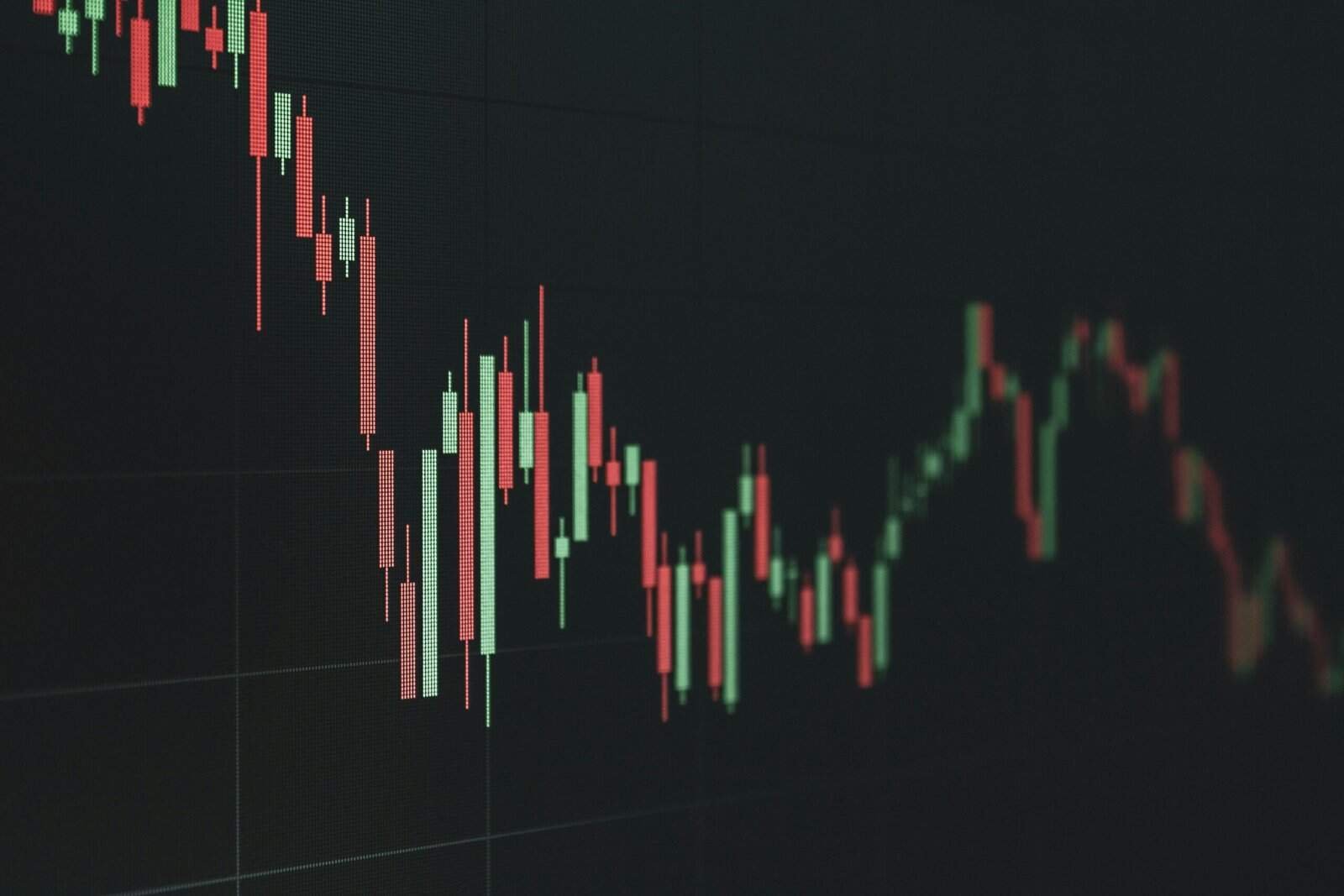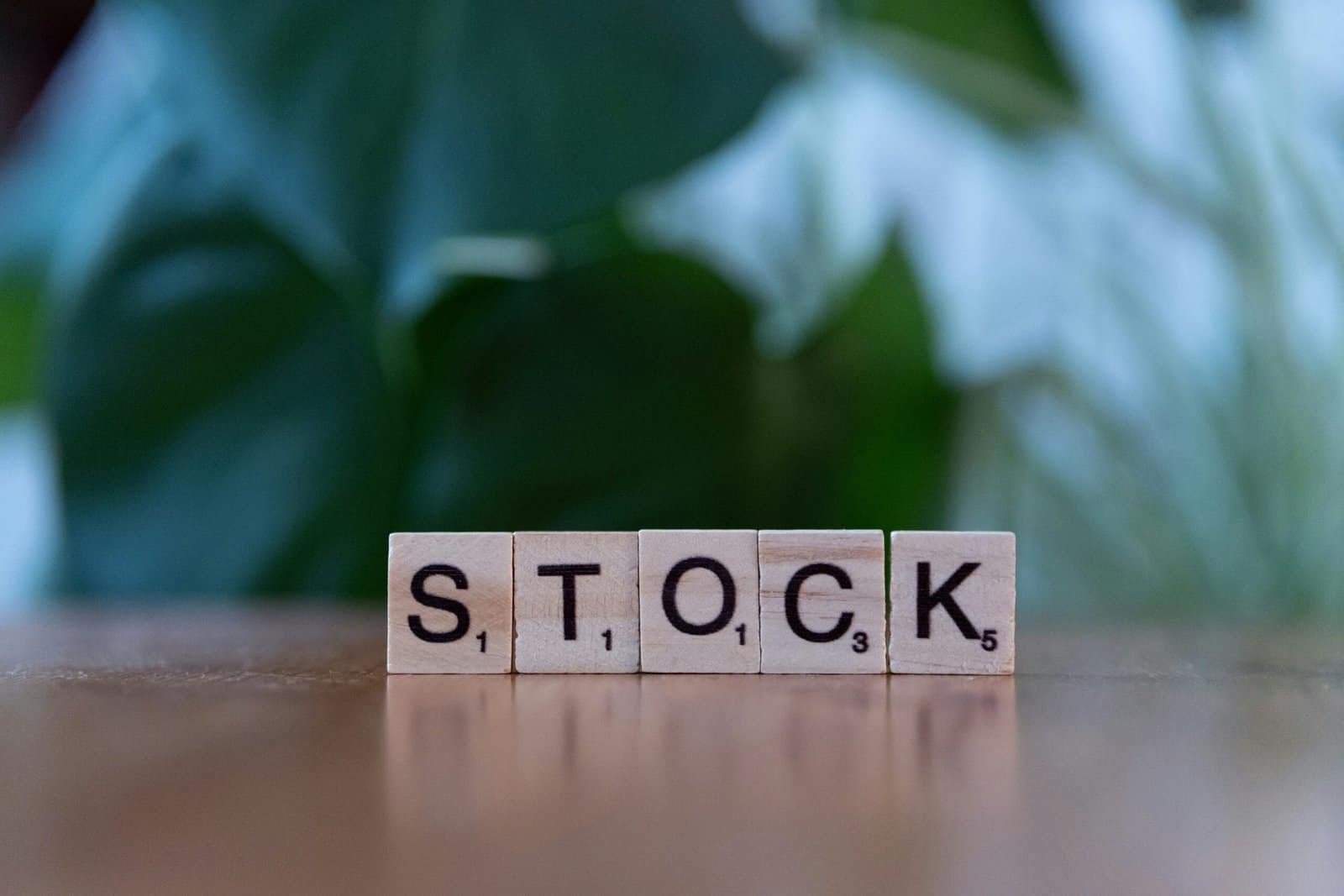Which exchanges allow tokenized stocks in 2025?

What Exchanges Allow Tokenized Stocks In 2025?
You’re asking about where you can buy, sell, or hold tokenized stocks in 2025. Tokenized stocks sit at the intersection of traditional securities and blockchain, and whether you can trade them depends a lot on the exchange’s regulatory status and the legal design of the token.
Quick overview: what “tokenized stocks” means for you
Tokenized stocks are digital representations of equity (full shares or fractional shares) issued on a blockchain or DLT ledger. You need to know whether the token represents a legal claim on the underlying shares, a derivative contract, or a synthetic exposure created by a third party. That legal structure is what determines if an exchange can offer them—and whether you’re protected by securities rules.
How exchanges that offer tokenized stocks differ
There are three broad categories you’ll encounter:
- Regulated securities exchanges and ATSs that list security tokens under securities law.
- Licensed crypto exchanges that offer tokenized shares as custodial tokens or mirrored assets (often limited to certain jurisdictions).
- DeFi protocols and derivatives platforms that provide synthetic exposure to stocks without representing legal ownership.
Each category carries different legal protections, custody arrangements, KYC requirements, and risk profiles. You should treat them differently depending on your goals.
How to use this guide
You’ll find:
- A list of notable exchanges and platforms that either already offered or were positioned to offer tokenized stocks as of 2024 and expected patterns into 2025.
- A comparison table showing regulatory status and jurisdiction.
- Practical steps for verifying whether a platform is suitable for you.
- Risks, custody considerations, tax and corporate-action implications.
- How to trade safely and what to watch in 2025 regulatory developments.
Important disclaimer about dates and verification
Regulatory status and product availability change quickly. Use this guide to orient yourself, but always verify current licensing, prospectuses, and legal opinions on the exchange’s own site or with your financial/legal advisor before you trade.
Where tokenized stocks are most likely to be available in 2025
You’ll see tokenized stocks on several kinds of marketplaces worldwide. Below is a representative list of platforms and exchanges that either had product offerings, expressed plans, or provided infrastructure to support tokenized equities up to 2024 and were likely to be relevant in 2025. For each platform, check the exchange’s direct disclosures for up-to-date availability and jurisdictional limits.
| Exchange / Platform | Jurisdiction / Base | Regulated? (typical) | What they offer | Notes for you |
|---|---|---|---|---|
| SIX Digital Exchange (SDX) | Switzerland | Yes (Swiss-regulated) | Tokenized securities & DLT-based settlement | SDX is a regulated digital exchange offering tokenization services; good for regulated Swiss/Euro investors |
| Euronext Digital (Euronext Digital Assets) | EU (Euronext group) | Yes (within EU frameworks) | Tokenized securities pilot & DLT ecosystem | Euronext has launched digital-asset initiatives and pilots under EU DLT frameworks |
| DBS Digital Exchange (DDEx) / DBS | Singapore | Yes (MAS-regulated for licensed platforms) | Tokenized securities, institutional custody | Singapore is proactive on tokenization via regulated exchanges and custody providers |
| Securitize Markets | USA (platform) | ATS / Regulated alternative market | Security token issuance & trading | Operates as regulated security token marketplace for vetted issuers (US accredited investors) |
| tZERO (or similar ATS) | USA | ATS (regulated) | Security token trading | ATS for security tokens; token availability depends on issuer registration |
| Archax | UK | FCA-regulated venue for digital securities | Tokenized securities trading | Targets institutional clients; UK licensing important for UK/EU users |
| INX Limited / INX Markets | Gibraltar / US (varies) | Regulated in certain jurisdictions | Security token platform & tokenized offerings | Offers tokenized securities subject to jurisdictional rules |
| Taurus / Taurus Tokenization Services | Switzerland | Infrastructure provider (works with exchanges) | Tokenization infrastructure | Not an exchange, but a common enterprise provider for tokenized securities |
| Tokeny (issuance) | Luxembourg / EU | Issuance/provider | Tokenization and compliance tools | Enables issuers to tokenize assets; trading may be on partner exchanges |
| Decentralized finance (DeFi) protocols | Global | Largely unregulated | Synthetic stock tokens (derivatives) | You’ll find tokenized exposures on DeFi platforms (no legal claim to underlying shares) |
| Brokerages offering blockchain-based fractions | Various | Regulated broker-dealers | Fractional, broker-custodied token-like shares | Examples include brokerages creating on-chain receipts for fractional share ownership |
This table is a high-level orientation. Availability, legal status and specific tokens will vary by jurisdiction and change over time.
Regulated exchanges and ATSs: your safest legal path
When you want legal protections, settlement finality, and regulated custody, you’ll prefer regulated securities exchanges or licensed Alternative Trading Systems (ATSs). These venues comply with securities law, require KYC/AML, and usually provide legal documentation linking tokenized instruments to the underlying securities.
Why you might prefer regulated venues
You get clearer legal recourse if something goes wrong, formal corporate-action processing, and settlement systems that align with existing markets. If you plan significant investing in tokenized shares, you should check for a regulated venue first.
Notable regulated venues and their roles
- SIX Digital Exchange (SDX): Operates a regulated DLT exchange in Switzerland and links tokenized instruments with Swiss legal frameworks and custody.
- Euronext Digital Assets: Euronext has launched or piloted DLT-based services and is positioned to host tokenized securities under EU rules.
- Securitize Markets, tZERO, Archax and INX: These run regulated marketplaces or ATSs designed specifically for security tokens and typically restrict trading to authorized investors or institutions.
- Local bank or brokerage token offerings: Some licensed broker-dealers have built blockchain-native models to offer fractional ownership or tokens backed by custodial shares.

Crypto exchanges that have offered tokenized stocks (and what to watch)
Some crypto exchanges attempted to offer tokenized shares (so-called “stock tokens”) to retail users in certain jurisdictions. Regulatory scrutiny has limited many of these services and led to suspensions or modifications.
What you should know about crypto exchanges that offer stock tokens
- They may operate under different legal claims: some tokens represent custodial receipts backed by a broker’s custody of shares, others are synthetic derivatives.
- Regulatory enforcement can cause delisting or suspension quickly, especially in the US and EU jurisdictions.
- You need to check whether the tokens are available to customers in your jurisdiction.
Past and present patterns you should note
- Binance and FTX both experimented with stock tokens earlier; regulatory pressure forced changes. That history shows that availability can be transient.
- Smaller or offshore exchanges might offer “mirror” or synthetic tokens with less legal clarity—these can be attractive for accessibility but carry counterparty risk.
DeFi and synthetic stock tokens: exposure without legal ownership
If you’re comfortable with decentralized finance, DeFi protocols can give you price exposure to equities via synthetic tokens or derivatives.
How these differ from tokenized shares you own
With DeFi-based stock tokens, you typically do not hold legal title to the underlying equity. Instead, you hold a derivative that tracks the stock price, often collateralized by crypto assets or backed by a protocol-managed pool. You should treat them like derivatives rather than ownership.
Popular forms in DeFi
- Synthetics platforms: mint synthetic assets pegged to equities (e.g., earlier Synthetix use cases).
- Tokenized ETFs or baskets: protocol-created tokens that track indices or ETFs.
- Perpetual futures and swaps that create a tokenized exposure.
Risks specific to DeFi
Smart-contract risk, oracle manipulation, liquidity volatility, counterparty protocol governance risk, and unclear legal claims if the token issuer fails.
How tokenized stocks typically work (simple steps for you)
Here’s the typical lifecycle for a tokenized stock you might trade:
- Issuance: An issuer (custodian, broker, or issuer platform) mints tokens on a blockchain. The token may be directly backed by shares or represent a contractual claim.
- Custody: The underlying shares are held in custody (if tokens represent real shares) by a regulated custodian or broker.
- Listing: A regulated exchange, ATS, or crypto venue lists the token and provides trading pairs.
- Trading: You buy or sell the token subject to the venue’s KYC/AML and jurisdictional rules.
- Corporate actions: The issuer/custodian processes dividends, voting, and other corporate actions according to the token’s legal terms.
- Redemption: You may be able to redeem the token for underlying shares (subject to issuer and jurisdiction rules).

How to verify whether a token on an exchange is a “real” tokenized share
Before you trade, check these items so you understand whether you hold ownership or a derivative:
- Legal documentation: Prospectus, whitepaper, or terms of tokenization that explicitly state whether the token constitutes a legal claim on shares or a derivative contract.
- Custodian identity: Who holds the underlying shares? Is it a regulated custodian or a broker-dealer?
- Regulator permissions: Does the exchange or ATS hold a relevant securities license? Are the tokens registered or issued under a specific exemption?
- Redemption mechanics: Can you redeem tokens for underlying shares, and if so, what are the terms and costs?
- Corporate-action policy: How are dividends, stock splits, and voting rights handled?
- Secondary-market regulation: Is the marketplace regulated as a securities trading venue or is it operating as an unregulated crypto exchange?
Important legal and regulatory considerations for you
Tokenized stocks often qualify as securities. That means you’ll need to consider:
- Securities registration: The token or the underlying offering may need to be registered with a regulator or fit an exemption.
- Jurisdictional restrictions: Some tokens can’t be sold to retail investors or to residents of certain countries.
- AML/KYC compliance: Expect strict KYC and source-of-funds checks on regulated venues.
- Consumer protections vary: Only regulated exchanges and jurisdictions provide full securities protections.
Custody, control, and voting rights: what you should expect
Tokenized shares can differ dramatically on corporate-action rights:
- Full legal ownership model: Token gives you the same rights as holding a share—dividends, voting—because tokens are legal representations of shares.
- Custodial receipt model: The custodian holds shares and processes corporate actions on your behalf; you get economic benefits but voting may depend on the custodian’s policy.
- Derivative/synthetic: No legal ownership; dividends are reflected via cash flows in the derivative, but you typically don’t get direct voting rights.
Always read the token’s terms to know where you stand.

Taxation and reporting: what you need to do
Tokenized stock transactions often trigger the same tax rules as traditional stock trades:
- Capital gains: Selling tokens at a profit usually incurs capital gains tax under the tax rules of your country.
- Dividends: Dividend-like distributions can be taxed as income.
- Reporting obligations: You may need to report token holdings, transactions, and dividends on your tax returns.
- Cross-border complexity: If the token is issued in one jurisdiction and you’re resident in another, consult a tax advisor to avoid surprises.
Practical steps to trade tokenized stocks safely
If you decide to trade tokenized stocks, follow these practical steps:
- Confirm the exchange’s regulatory license and the token’s legal paperwork.
- Read the token terms for custody, corporate actions, redemptions, and fees.
- Check jurisdictional availability—some tokens are blocked to certain countries.
- Ensure the custodian or issuer is reputable and regulated.
- Use strong security practices: hardware wallets if tokens are non-custodial, and 2FA for custodial accounts.
- Start small to test processes like redemption, dividend payments, and corporate actions.
- Keep records for tax reporting and future audits.
How fees and liquidity work for tokenized stocks
You’ll see fees at multiple points:
- Issuance fees and token minting costs.
- Trading fees on the exchange.
- Custody and redemption fees charged by custodians or issuers.
- Spread and liquidity costs; tokenized markets can have low liquidity, especially for less common stocks or tokenized instruments.
Expect liquidity to vary widely; major tokenized blue-chips may be tighter, while niche tokenized securities could be thinly traded.

Which jurisdictions are most supportive of tokenized stocks in 2025
As you compare options, some jurisdictions have clearer legal frameworks and more activity:
- Switzerland: Active, with regulated platforms like SDX and a friendly legal regime for tokenization.
- European Union: The EU DLT Pilot Regime and related initiatives encourage tokenized securities, and exchanges like Euronext are moving into the space.
- Singapore: MAS has supported regulated tokenization and licensed digital-asset services, including custody and exchanges.
- United Kingdom: FCA-regulated trading venues for digital securities (e.g., Archax) and a growing offering.
- United States: Strong regulatory scrutiny—tokenized shares are generally treated as securities and require compliance; ATSs and registered platforms can offer them but listing is issuer-dependent.
What to expect from U.S. regulation in 2025
The U.S. SEC has signaled that many tokenized stock offerings are securities. That means:
- Tokenized shares must comply with SEC registration or meet an exemption.
- Platforms offering trading in tokenized securities need to be registered as exchanges or ATSs.
- Retail availability may be restricted; expect many tokenized securities to be offered on licensed ATSs to accredited institutional investors first.
Sample checklist: Is this exchange safe for tokenized stock trading?
Use this checklist before you trade:
- Does the exchange publish a legal whitepaper or prospectus for the token?
- Is the custodian a regulated bank or custodian with public disclosures?
- Does the exchange/marketplace operate under securities licensing in your jurisdiction?
- Are corporate actions clearly documented and historically executed?
- Is redemption possible and documented?
- Are fees, custody terms and KYC policies transparent?
If any of these items are unclear, contact the exchange support and demand written answers or consult a lawyer.
Common scams and pitfalls to avoid
You should be suspicious of:
- Anonymous issuers claiming to represent major companies without documentation.
- Exchanges offering tokenized shares of listed companies with no custodian name or redemption mechanism.
- Unrealistic yields or promotional claims that tokenized shares provide guaranteed returns.
- Platforms that block redemptions or abruptly delist tokens without clear legal explanation.
If it sounds too good to be true, treat it with extreme caution.
How corporate actions are handled and what you should check
Corporate actions can be complex for tokenized stocks. Check if:
- Dividend distributions are passed through and in what currency.
- Voting rights are conveyed directly or aggregated via the custodian.
- Stock splits and rights issues are accounted for on-chain.
- There is an established mechanism and precedent for processing actions.
A reliable tokenized stock platform will have a documented corporate-action policy and historical examples.
Examples of token structures you may encounter
- Full share-backed token: Legal title to the shares is represented on-chain. You hold a token that’s the digital equivalent of a share.
- Custodial receipt token: Custodian holds the actual shares and issues blockchain receipts that represent an entitlement.
- Synthetic token: A derivative contract issued by a counterparty to replicate share performance.
- Fractional share token: Issuer splits a single share into many tokens for fractional ownership; custody and legal rights depend on structure.
Know which structure you hold before making decisions about voting or redemption.
What to watch in 2025: market and regulatory signals
As you monitor the space in 2025, watch for:
- New licenses and ATS approvals for tokenized securities in major markets.
- EU DLT Pilot Regime rollouts and any national implementations across the EEA.
- Singapore MAS guidance on tokenized securities and custodial frameworks.
- US SEC enforcement actions and how they affect retail access to tokenized shares.
- Institutional adoption by custodians or investment banks (this would increase liquidity and trust).
These signals will shape how accessible tokenized stocks become to retail and institutional investors.
Example scenarios: how you might invest in tokenized stocks in 2025
- You open an account at a regulated ATS that lists security tokens and complete KYC. You buy tokenized shares that represent legal ownership and receive dividend distributions via the platform’s custody model.
- You trade a tokenized ETF on a regulated DLT exchange in Switzerland where the tokens are fully backed by ETFs held in a custodian account.
- You gain exposure via a DeFi synthetic token pegged to a major stock index, but you understand this gives you derivative exposure without legal ownership or voting rights.
Each scenario involves different rights, costs, and risks—so pick the model that matches your objectives.
Frequently asked practical questions you might have
- Can you redeem tokenized shares for real shares? Often yes if the token is structured as a legal claim and issuer provides redemption; otherwise no for synthetic tokens.
- Are dividends paid in crypto? Typically paid in fiat or stablecoin on platforms that support fiat payouts; check the issuer’s policy.
- Will I lose voting rights? Maybe—voting depends on the token design. Some tokens pass voting through, others do not.
- Are marketplaces global? Many regulated token listings are restricted by jurisdiction, so you may be blocked by your country of residence.
Always read the token terms and ask the exchange for clarity.
Final recommendations for you
- Prioritize regulated venues if you value legal protections and predictable corporate actions.
- Read the issuance documentation carefully and confirm the custodian identity and regulatory status.
- Keep security and tax compliance at the top of your checklist.
- Start with small amounts to verify processes like dividends or redemptions.
- Stay informed about local regulation changes; tokenized securities are a fast-moving field.
Summary: where tokenized stocks stand for you in 2025
Tokenized stocks are becoming more mainstream through regulated exchanges and specialized ATSs, particularly in jurisdictions like Switzerland, the EU, Singapore, and the UK. You should carefully verify whether a token is a legal representation of stock, a custodial receipt, or a synthetic derivative. Regulated venues offer stronger protections but may limit retail access; DeFi and unregulated platforms offer accessibility but carry higher legal and counterparty risk. Your best approach is to check the exchange’s documentation, custodian arrangements, and regulatory permissions before you trade.
If you’d like, I can:
- Check one or two specific exchanges or tokens for the latest disclosures (tell me the names).
- Help draft a checklist tailored to your country’s rules so you can verify a platform before opening an account.
